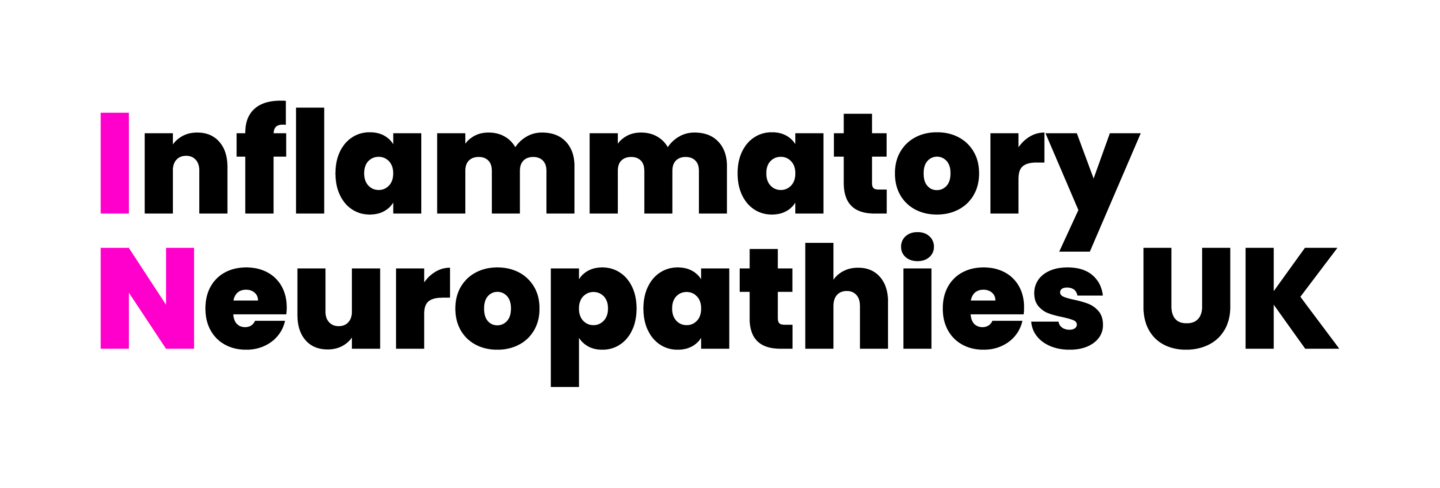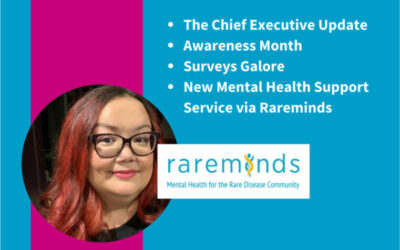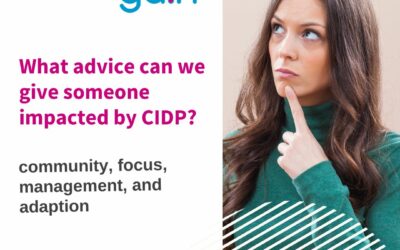The UK Government has today (Tuesday 18th March) published a Green Paper called ‘Pathways to Work: Reforming Benefits and Support to Get Britain Working Green Paper.’ This is a consultation paper that lays out the Governments plans around a number of key benefits and payments that impact people with a number of Inflammatory Neuropathies, including Guillain-Barré Syndrome (GBS), CIDP, and MMN. Our Chief Executive, Rich Collins, gives his initial thoughts on the proposals and their potential impact on the people that GAIN supports.
Well, we knew something was coming. The Government has been highlighting for a number of weeks that the benefits system was too expensive, and that it wasn’t fit for purpose. What we didn’t know was how hard would they cut it, and who would it impact.
Today, Liz Kendal, the Work and Pensions Secretary, stood up in Parliament, and announced a number of reforms to the welfare system. These included a number of changes to Universal Credit (including the fact that people aged under 22 will no longer be able to claim the incapacity benefit top up to universal credit), the merger of some benefits (namely Jobseeker’s Allowance and Employment Support Allowance), some changes to assessments and ways of measuring need linked to Universal Credit, and most importantly a change to the eligibility criteria for the Personal Independence Payment (PIP), which is the main disability benefit and the one most relied on by people impacted by Inflammatory Neuropathies. All these changes are aimed at saving £5 Billion from the welfare bill by the end of 2030.
So, what does this mean for people impacted by an Inflammatory Neuropathy?
Well, if you are receiving PIP (or are applying for it) it means that it is going to be much harder to get in the future, as the eligibility criteria is being narrowed. At present, within a PIP assessment you need to score 8-11 points for standard rate (or 12 for enhanced rate) across all categories. In the future you will have to do this AND score 4 points or more in one or more of the categories. That means that your needs have you be very high to receive PIP.
This change means that some people with GBS, CIDP, MMN, or another Inflammatory Neuropathy are likely to no longer receive PIP. As PIP is the benefit paid to people who have difficulty completing everyday tasks or getting around as a result of a long-term physical or mental health condition, this means that some people will have to continue to live with the additional costs of living with a long term health need or disability, without the extra support that PIP provides. The risk is that as a result more people will struggle everyday without this lifeline, and contrary to plans, it may even mean that less people who receive PIP will be able to work.
Whilst, the Pip change is the biggest one to likely impact our community, the decision around restricting access to the incapacity benefit top up to universal credit for people under 22 is bizarre. The issue for Government is that this is increasing exponentially. However, a blanket restriction is not the answer. It needs to be managed instead. Saying no one under 22 can be negatively impacted by physical or mental health is (in my view) absurd.
Positives?
Whilst these points are negative, I must note that there are some positives in the proposed changes. Increasing (some) benefits in line with inflation is welcome, as is removing some frequent assessments and reassessments. Providing more support to help people get back into work is much needed, and the “right to try” which will give people the right to try returning to work without the fear that this will put their benefits at risk is an excellent step forward.
My view
Changing the welfare system is never easy, especially when so many people depend on it. However, the welfare system is essential for those who really need it, and its my belief that this should be something that as a progressive society, we provide for those who need it most. There are other potential ways of saving money including raising taxes for those who can most afford it, or even means testing elements of the benefits system so it isn’t universal, especially for those who can afford not to call on it. Making savings from the most vulnerable puts pressures on families of people with the most needs, is likely to increase poverty, and puts more pressure on Charities like ours to provide centrally unfunded support.
Whilst we know that times are tough, and with world events meaning that Government finances are tighter then ever, we know that budgets are under a lot of pressure. However, the Government has a number of choices available to it to meet those financial pressures. And this is a choice! The Chancellor is known for sticking to her self-imposed financial rules which mean that she does not want to increase taxes or borrowing, but I must say that aiming savings at people already struggling with the additional costs of a long term health condition or disability doesn’t feel the fairest, and is likely to push more people into poverty and to increase pressures on those who are unable to work due to a health condition.
This change is a hard hitting and difficult to understand policy decision. In my view it is likely to impact people with health needs more than others, and while the aim to reduce the cost to the state is understandable, the method chosen is more difficult to comprehend. Overall, this move is likely to leave people with ongoing needs linked to an Inflammatory Neuropathy in a worse off position, and at greater risk of escalating needs.
Whilst the green paper is a consultation paper, not all the changes in it are able to be responded to, the change on PIP being one of them. We will of course respond to the consultation, and will be waiting to read the impact report on the changes which will be released with the Spring Statement next week. We will also be working with other charities and community organisations to further campaign on these issues, highlight risks and impact, and to represent our memberships.
Your Views
In the meantime, we would love to hear your views on this changes, so that we can pass these back to Government and to highlight the impact on our members and the people we support. If you want to share your thoughts and views email us via office@gaincharity.org.uk.




